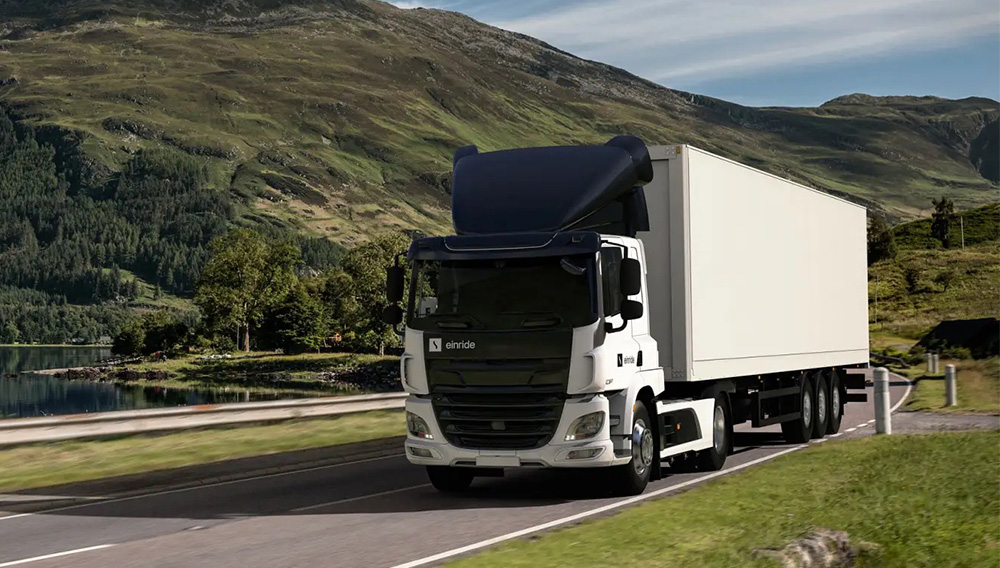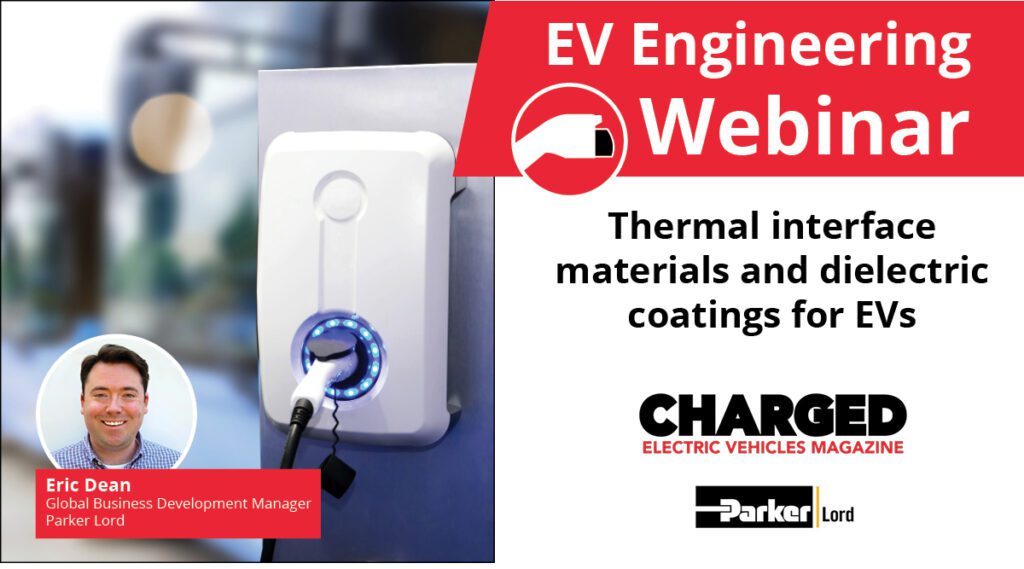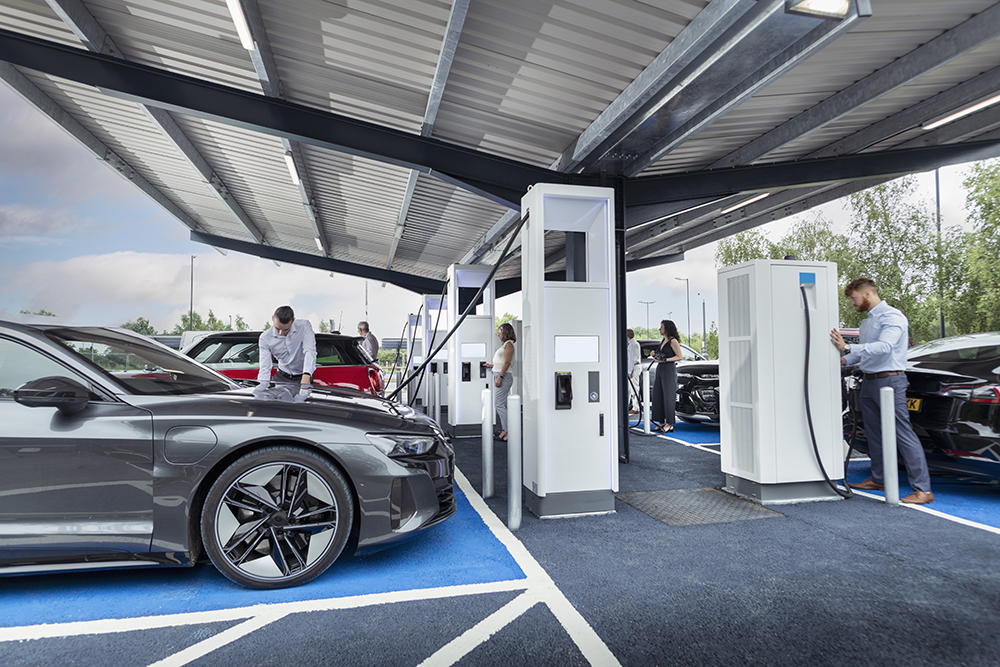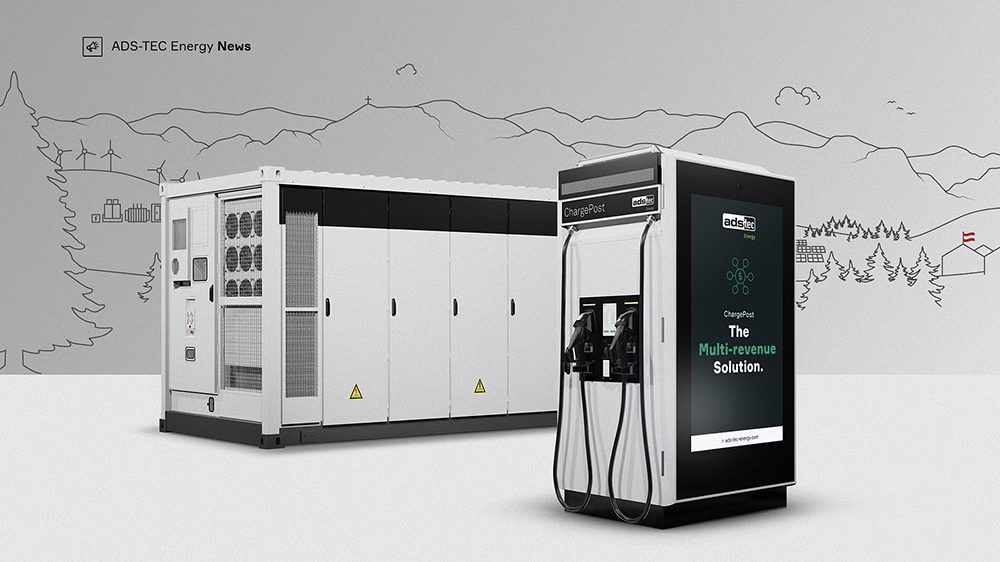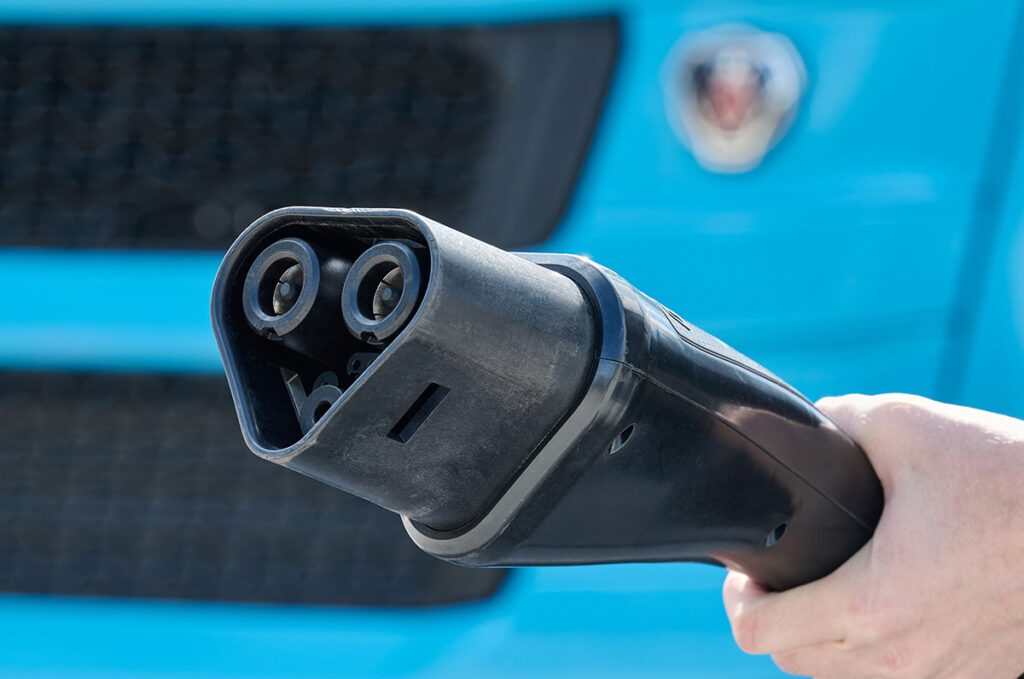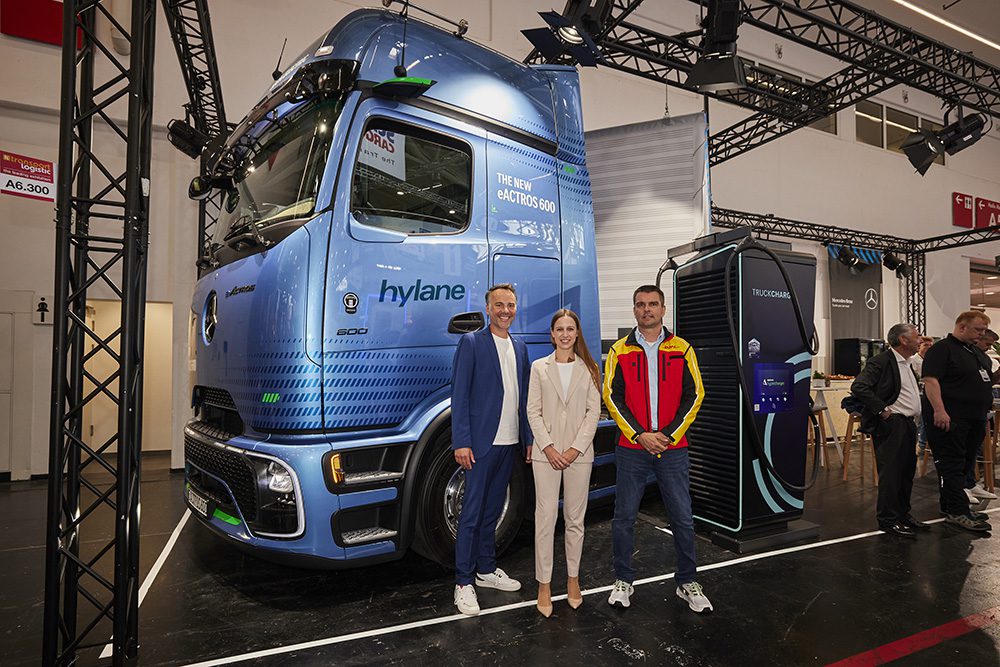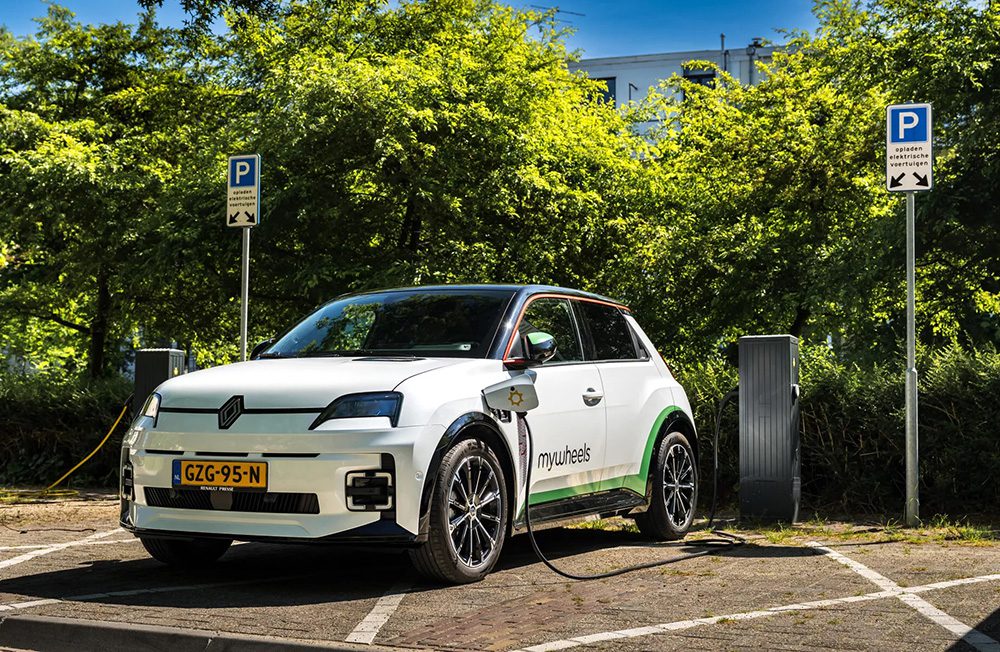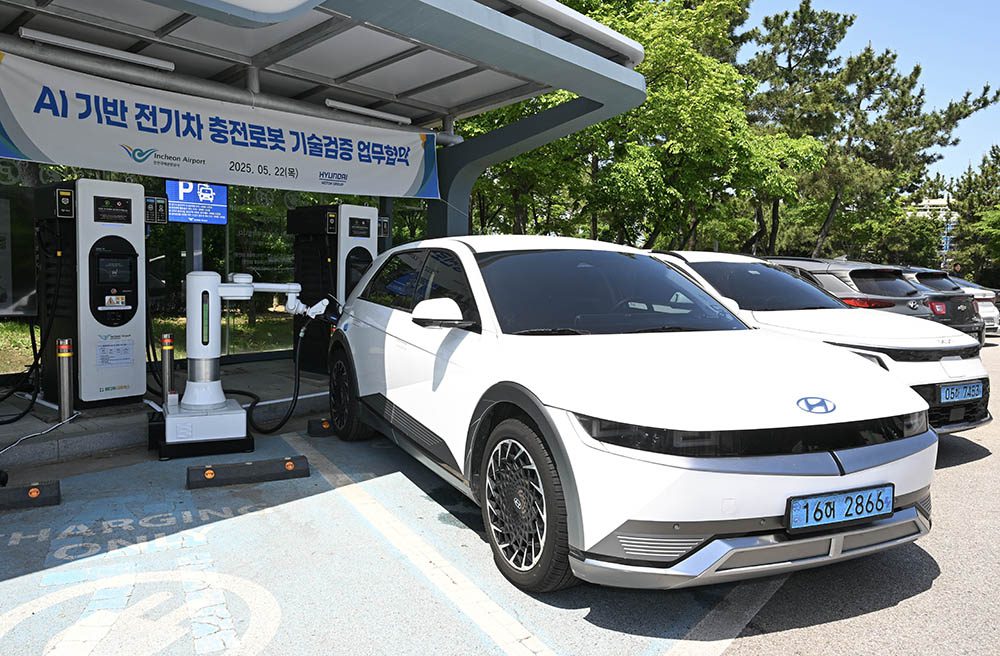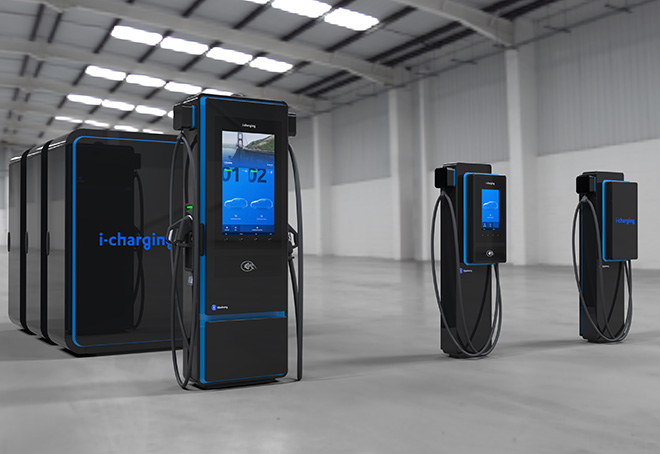David Cebon is a Cambridge professor who has dedicated decades to transport research, and the current Director of the Centre for Sustainable Road Freight. In a recent interview for Einride, a Swedish provider of autonomous electric trucks, Cebon discussed his research into the pros and cons of hydrogen fuel cell vehicles versus battery-electric vehicles for road freight.
“The capital cost of a hydrogen-powered vehicle is about double the capital cost of a battery electric vehicle,” Cebon told Einride. “And I know that because I’ve tried buying them for research purposes. There’s a good reason why it’s more expensive: a hydrogen fuel cell truck is a battery electric truck with the fuel cell added on. They both have an electric motor, an electric drivetrain, a battery, inverter and so on. The electric truck just has a bigger battery, that’s all. So instead of having bigger batteries, a hydrogen-powered truck has hydrogen fuel cells, hydrogen tanks and hydrogen delivery equipment. And those things are all very complicated and very expensive.”
Hydrogen fans often cite BEVs’ shorter range and longer charging times, but sometimes ignore the fact that battery technology is continually improving. “We’re all very fond of learning curves, of how technology is going to get cheaper with time,” says Cebon. “Batteries are going to get cheaper, but it won’t be because of the trucking industry—it will be because of the car industry, which uses at least five times more batteries. The technology and learning curves are being driven by the car industry, not by the truck industry. If you look at the same problem with the hydrogen fuel cell vehicle, well, there are a thousand times more electric cars being made every year now than hydrogen fuel cars. Hydrogen fuel cells are not going to be getting cheaper, because hydrogen cars are not going to be a thing. So, if hydrogen-powered trucks are currently twice as expensive as battery-electric trucks, that gap is probably going to widen.”
Cebon also notes the superior efficiency of BEVs. “If you do these rather simple calculations, you can work out that to run a truck on green hydrogen, you need about three times more electricity than you need to power a battery-electric vehicle. Three times more electricity means you need three times more wind turbines, three times more solar panels or nuclear power stations. And, with that, you need three times more maintenance, three times more spare parts. Whatever you have, it’s going to cost three times more to run hydrogen-powered vehicles than to run electric vehicles. So, three times more on running costs, two times more on capital costs, you’d have to be insane to buy a hydrogen-powered truck, right?”
But what if an electric truck couldn’t do the work needed for a particular use case? “Is it possible to run logistics with an electric truck? The answer is yes, it is. In the UK, we’ve analysed lots and lots of operations, and they can all be done with electric trucks with charging in rest breaks and particularly at warehouses.”
Source: Einride






